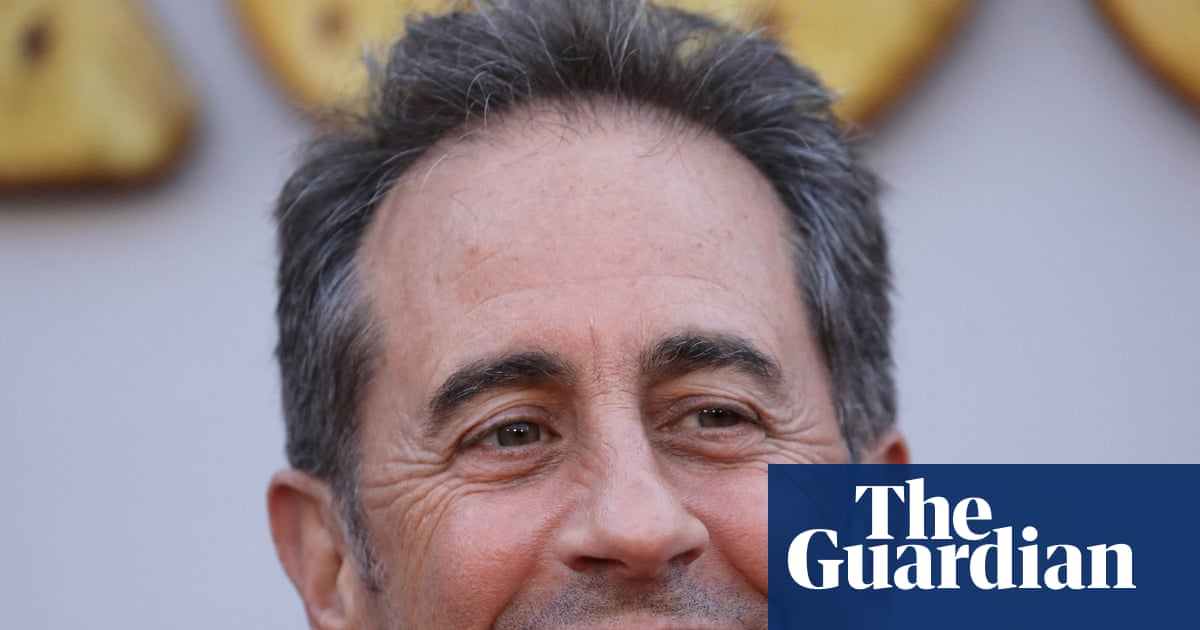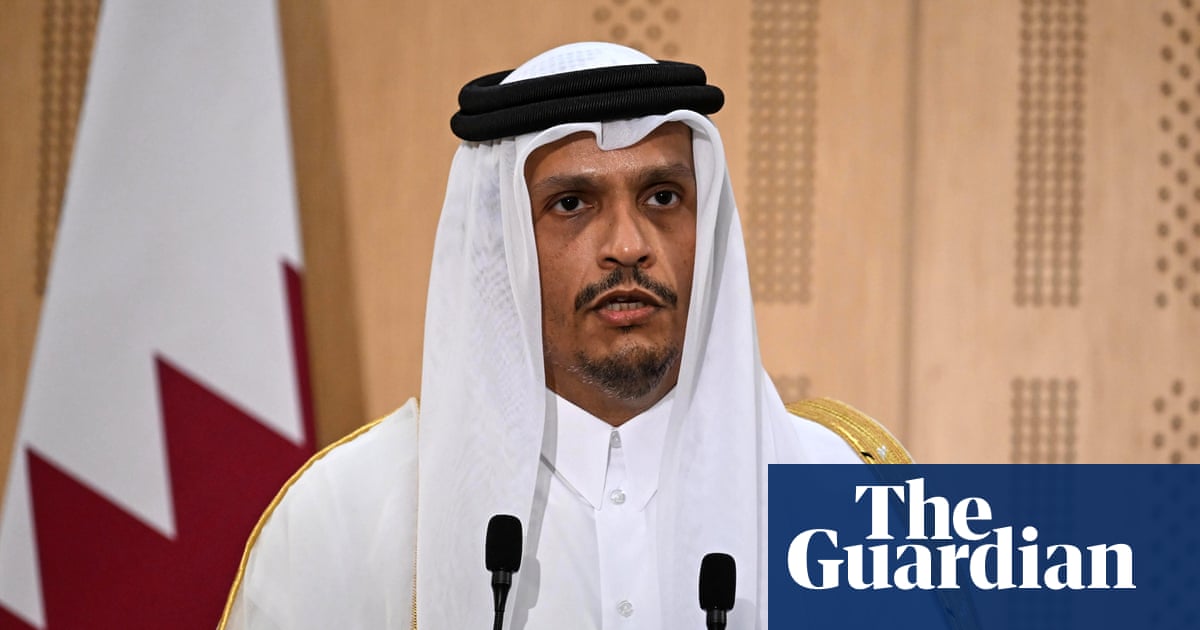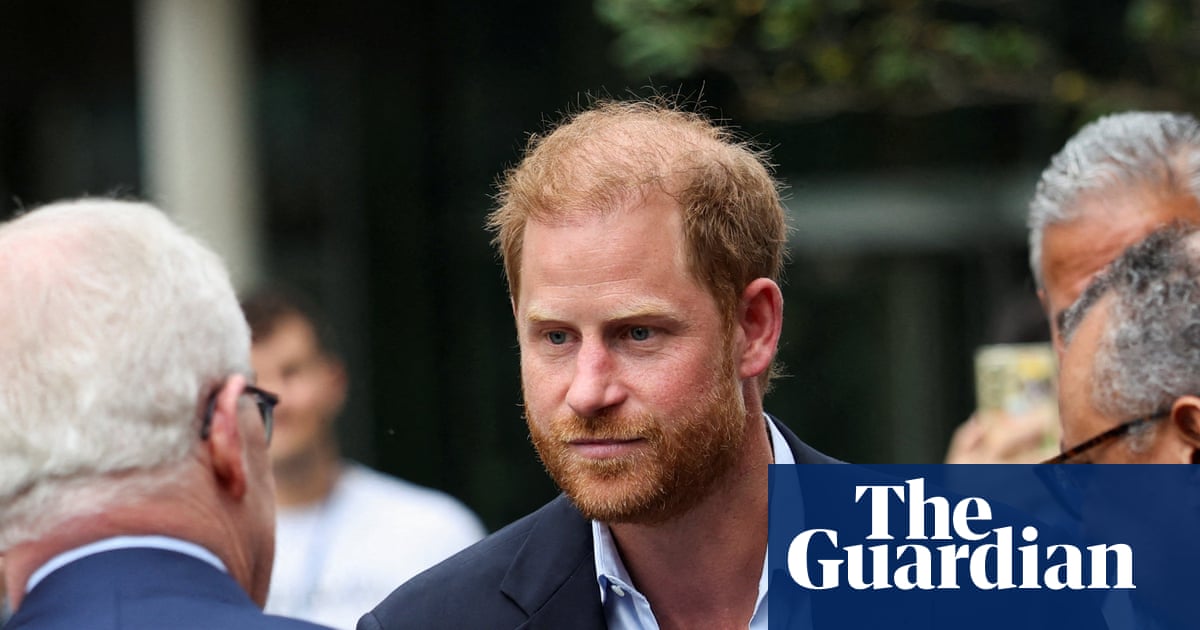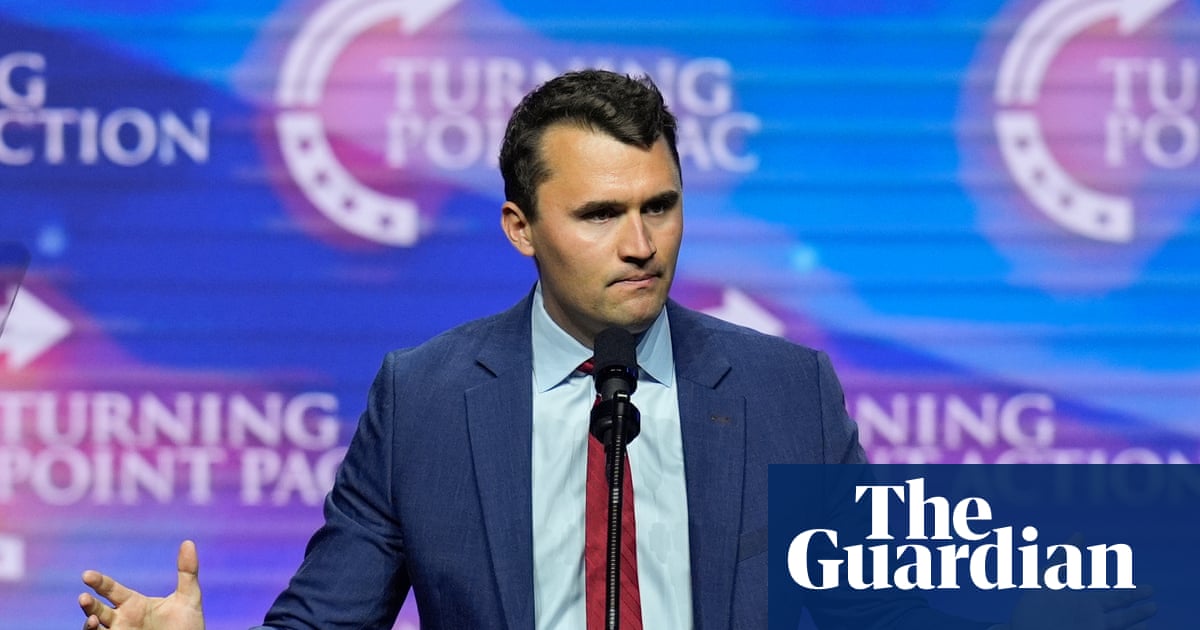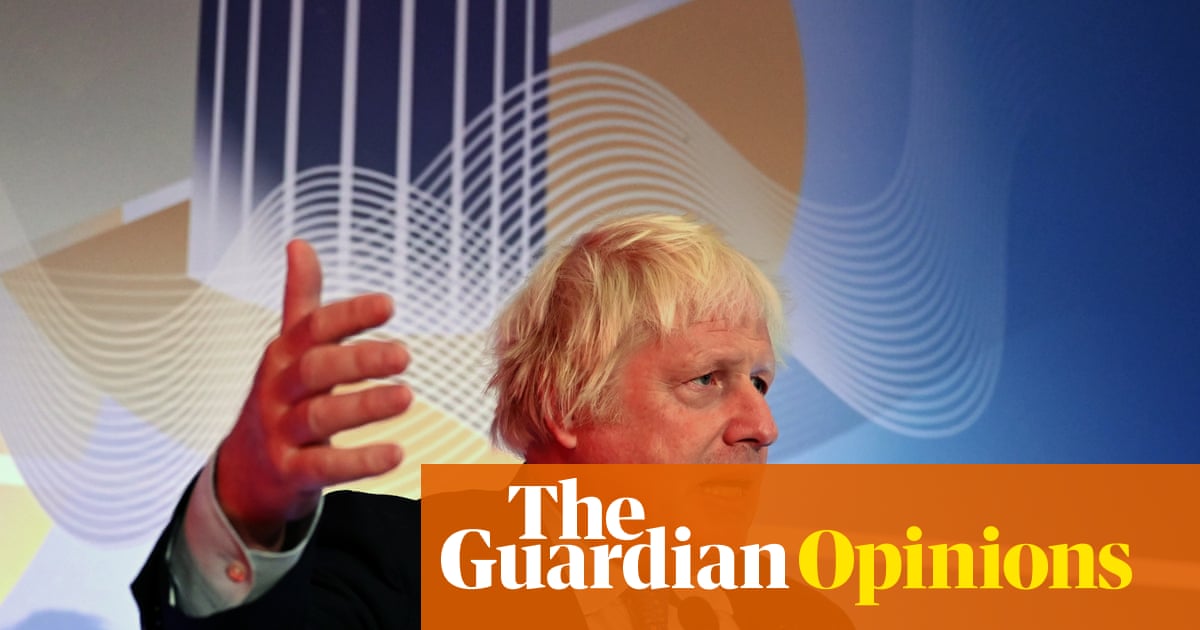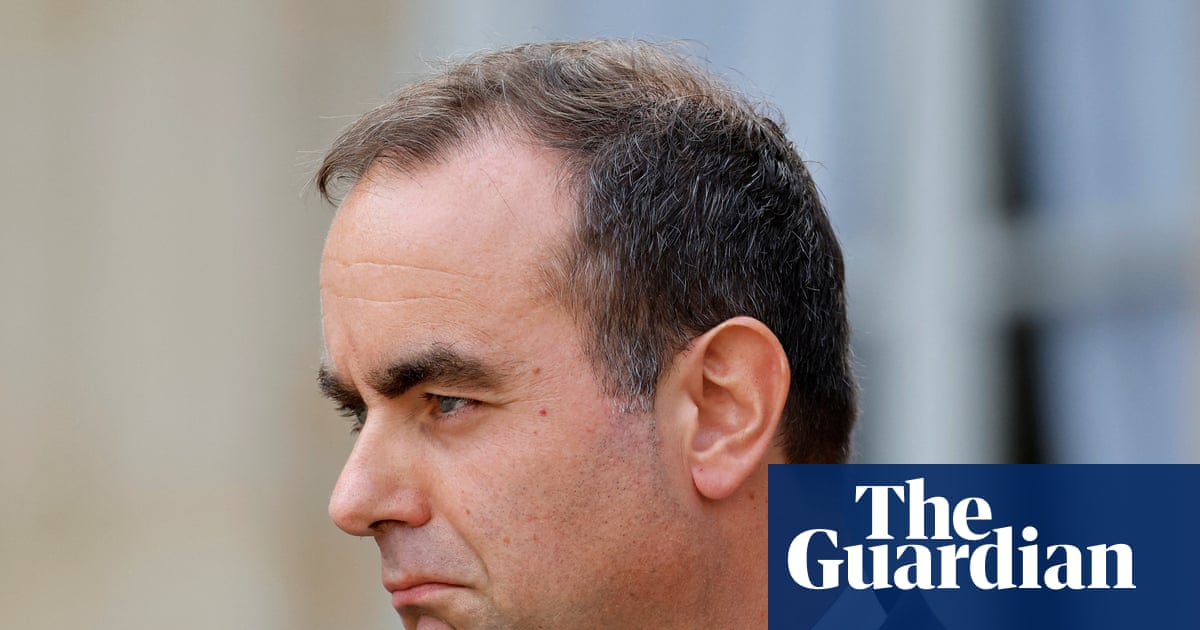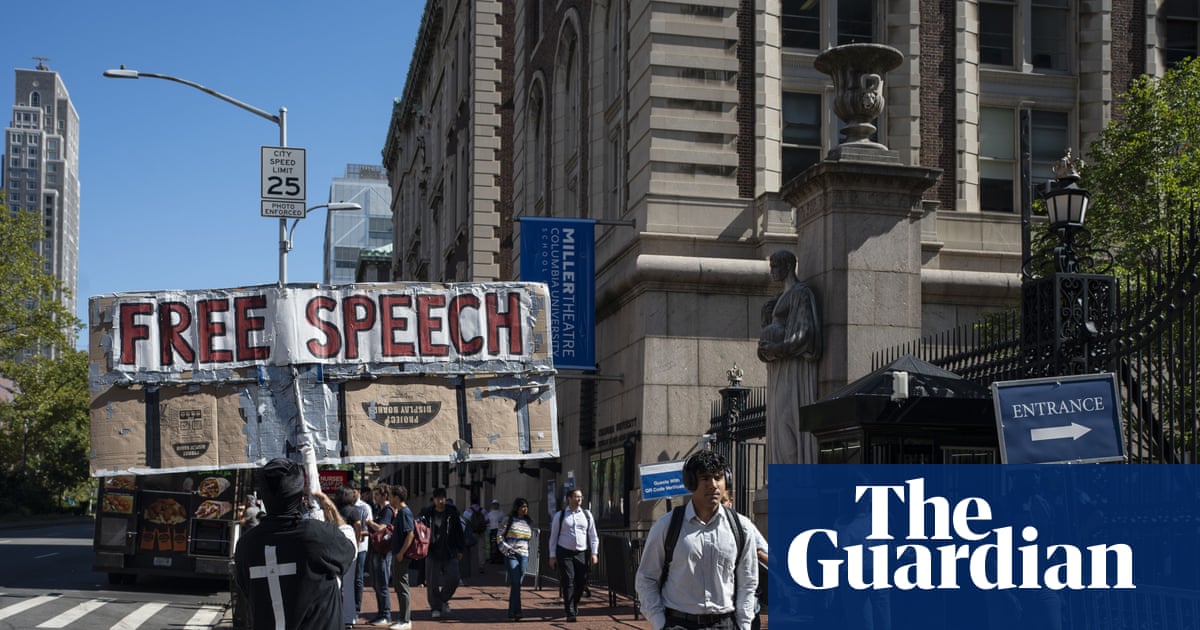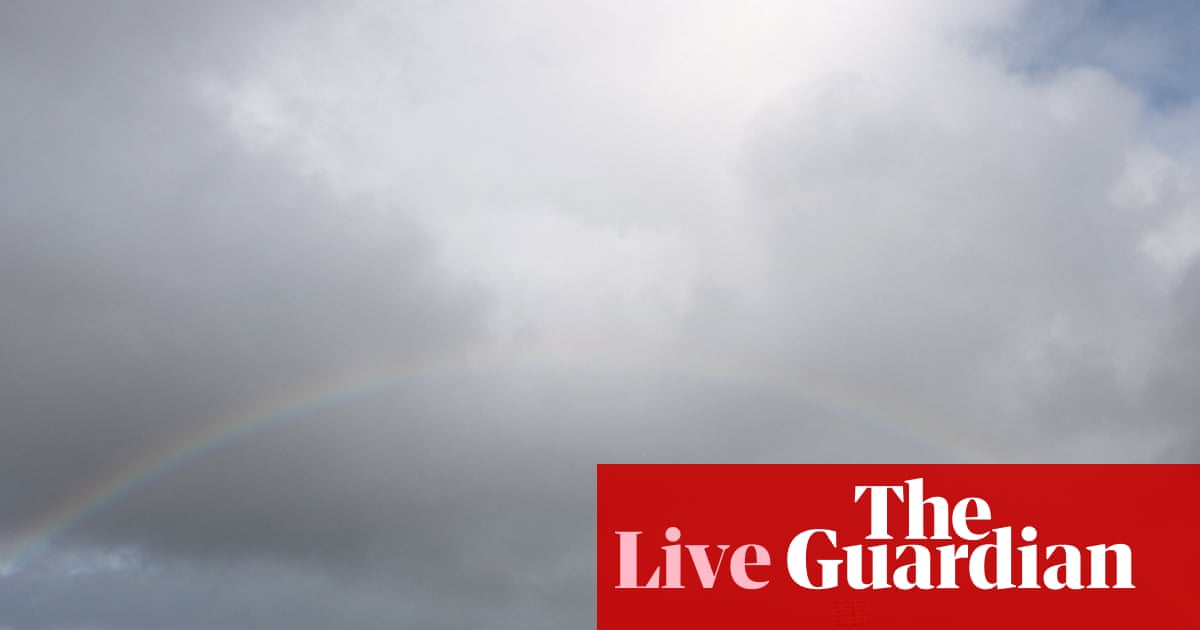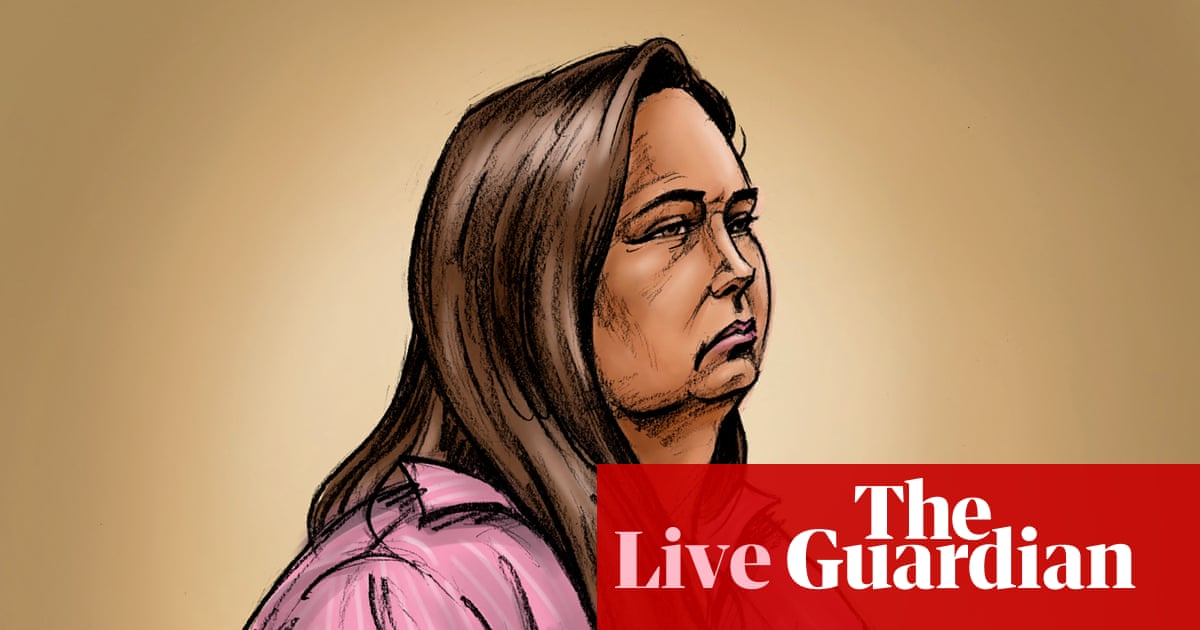The 220 winners of a cryptocurrency contest were told on Monday to look out for an email featuring “the most exclusive invitation in the world”. As a reward for spending immense amounts of money, in some cases millions of dollars, they had won the prize of attending a private gala with Donald Trump at his own Washington DC golf club later this month.
Awarding access to the president in exchange for investment in his crypto endeavor was Trump’s latest conflict of interest in a political career filled with, in the words of one of his most repeated catchphrases, “many such cases”. Real estate holdings, a media company, merchandising deals, fraud and most recently Qatar’s gift of a $400m plane are only some of the myriad of entanglements that government ethics watchdogs have warned about for a decade now.
Trump’s foray into cryptocurrency is a unique combination and escalation of these conflicts. It involves him leveraging his presidency for personal gain, potentially opening himself up to foreign influence and operating in an industry he has immense power to deregulate. It marries Trump’s unscrupulous business tendencies with an industry that is notorious for fraud, scams and a lack of transparency. It may also become the most lucrative business he’s ever been involved in.
Auctioning off influence
Trump’s shift from cryptocurrency skeptic to industry operator last year was already a concern for ethics and transparency advocates, who worried that, if elected, he could potentially push through crypto-friendly legislation that would benefit his personal financial interests. The auctioning off of direct access to the president through a crypto scheme intensified fears around political corruption and attempts to buy influence, especially given the opaque nature of the contest. The names of the winners are still unknown.
The rules of the Trump dinner contest stated that the top 220 buyers of $TRUMP, which were listed on a public leaderboard on the coin’s website, would receive an invitation to dine with the president. The top 20 on the leaderboard would gain even more personal access through a VIP reception featuring Trump. The leaderboard only disclosed contestants’ usernames and crypto wallet codes, no other identifying information. Winners could also write down any name they chose on the invite, according to the website’s frequently asked questions page, adding another layer of uncertainty to who will actually attend.
One of the primary worries from Democrats and ethics groups surrounding the contest is that it may allow foreign actors to purchase influence with Trump through investment in his cryptocurrency. Multiple analyses of the $TRUMP leaderboard have already found that a large percentage of the top buyers used foreign crypto exchanges that prohibit US users from trading on their platforms, suggesting that the winners may be foreign residents.
The wallet of the top $TRUMP buyer on the leaderboard, who owns more than $18m worth of the coin, has been linked to Hong Kong-based crypto entrepreneur Justin Sun. In 2023, the Securities and Exchange commission charged Sun with fraud and other securities violations related to cryptocurrency trading. Since Trump took office, however, the SEC has paused that investigation. Sun also invested tens of millions of dollars into the Trump family’s other crypto ventures last year, and is an adviser to the World Liberty Financial company that Trump’s sons control.
The $TRUMP coin has also attracted foreign-tied investors beyond the contest. On Monday, a small technology company called GD Culture group that has a Chinese subsidiary company and has a TikTok ecommerce business announced that it had secured $300m in funding to buy up $TRUMP coins. Its purchase would coincide with Trump deciding how to handle TikTok’s potential ban or forced sale within the US.
The Trump family business isn’t real estate any more
The Trump family’s entrance into cryptocurrency is a relatively recent development, but since the start of last year, the Trumps have thrown themselves into the industry. Trump heavily courted crypto investors during the presidential election campaign, becoming the first candidate to accept crypto donations and promising to turn the US into the “crypto capital of the planet” at a Bitcoin conference in July. Later that year, Trump announced the creation of the World Liberty Financial crypto venture – a company that has raised around $550m and which the Trump family controls.
Trump’s reach into the crypto world deepened following his election victory, as he became involved in the creation of so-called memecoins that tend to fluctuate wildly through speculative trading. The $TRUMP cryptocurrency, along with a $MELANIA coin, launched in mid-January days before inauguration. The value of $TRUMP initially surged to around $75 a coin before crashing down, only to begin slowly increasing in value after Trump announced that the top buyers of the coin would win an exclusive dinner with him.
Since then, crypto firms associated with Trump have expanded to create another cryptocurrency called USD1, a vague “Trump reward points” program and an Exchange-Traded Fund or ETF. This week, Eric Trump also announced that a Bitcoin mining firm the family controls would go public.
Trump’s personal involvement in each of these projects is convoluted, and the companies that control the various aspects of the family’s crypto empire are set up somewhat like nesting dolls. He does not directly own the company that made the $TRUMP memecoin, for instance. Instead, the Trump Organization owns a firm called CIC Digital LLC, which, along with another company called Fight Fight Fight LLC, oversees and profits from the trade of the coin. Those two LLCs also hold around 80% of the coin’s reserves, a share that on paper is worth more than $2bn at current market value.
The Trump family’s burgeoning crypto empire is a remarkable turnaround from when Trump called Bitcoin a “scam” in 2021 and said it should be highly regulated. There have been huge developments in the cryptocurrency world since then, but the most pertinent in this case may be that Trump now stands to profit from it.
after newsletter promotion
Backlash to Trump deregulating crypto
While the Trump family has been building out its crypto businesses, the Trump administration has also been pushing for the deregulation of the industry and appointed a pro-crypto head of the Securities and Exchange Commission (SEC). In April, the Department of Justice closed its cryptocurrency fraud investigations unit to align with a pro-crypto executive order from Trump.
These moves towards deregulation are happening while the crypto industry is still rife with scams, and only a few years after Sam Bankman-Fried’s fraudulent management of the FTX cryptocurrency exchange resulted in one of the largest financial scandals in modern history. The potential loosening of rules and backing of the crypto industry has effects that go beyond corruption concerns and financial impacts as well. Bitcoin mining facilities that have expanded across the US are also causing energy supply issues, environmental concerns and noise pollution issues, all of which are regulated by agencies that Trump can influence.
Democratic lawmakers and even some Republicans have pushed back against Trump’s conflicts of interest, with some Trump allies suggesting that the dinner was a step too far. Connecticut Senator Richard Blumenthal formalized those concerns last week by announcing an ethics inquiry into the president’s crypto operations.
“President Trump’s financial entanglements to the $TRUMP coin, as well as the attempted use of the White House to host competitions to prop up the value of $TRUMP, represents an unprecedented, pay-to-play scheme to provide access to the Presidency to the highest bidder,” Blumenthal wrote in a letter last week.
Trump’s crypto ventures have also derailed a landmark bill to regulate some forms of cryptocurrency, called the GENIUS Act, that formerly had bipartisan support. Senate Democrats, along with three Republicans, voted down a procedural motion that would have allowed the bill to proceed in its current form – arguing that it needed stronger protections to prevent the sort of conflicts Trump was creating.
“It has been shocking to see Donald Trump move at breakneck speed to use his position as president to reap billions of dollars for himself personally and for his family,” Massachusetts Senator Elizabeth Warren said in a speech last week opposing the bill. “The biggest corruption scandal in modern history is unfolding right now and no one is paying attention to it”.

 3 months ago
62
3 months ago
62
